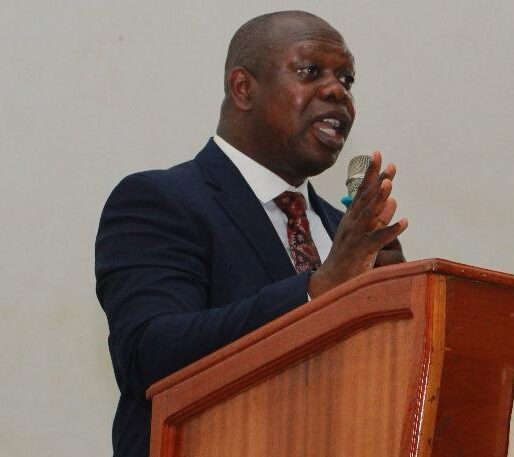
As stakeholders in the Nigerian oil and gas industry gear up to mark 15 years of the enactment and implementation of the Nigerian Oil and Gas Industry Content Development (NOGICD) Act, a new book that captures some of the thrills and highlights of the local content policy has just been unveiled to the reading public.
Titled “Nigeria’s Local Content: A Journey of Strategic Communication and Economic Transformation” and written by Dr. Obinna Ezeobi, a management staff at Nigerian Content Development and Monitoring Board (NCDMB), the book provides a detailed account of how deft communication initiatives, skillful stakeholders management strategies and effective collaboration among key players in the oil sector played pivotal roles in propagating and advancing Nigeria’s local content policy making it a national agenda, and influencing several countries across the African continent.
Written in fast-paced and easy to access vocabularies, the book was endorsed by notable personalities in the Nigerian and African energy sector, including the pioneer Executive Secretary of NCDMB, Dr. Ernest Nwapa, who penned a riveting foreword for the book.
Another notable endorsement that appeared on the book’s blurb was from the Secretary General of the African Petroleum Producers Organisation (APPO), Dr. Omar Farouk Ibrahim, who recommended the publication to policy makers and local content enthusiasts across the continent and beyond. Similarly, the Chairman of Oildata Group, and former Chairman of the Petroleum Technology Association of Nigeria (PETAN), Engr. Emeka Ene lauded the work for chronicling some of the local content success stories, while mentioning how advocacy, and stakeholder management played important roles in Nigeria’s local content journey.
Receiving a copy of the book on Monday in Abuja, the Executive Secretary of NCDMB, Engr. Felix Omatsola Ogba commended the author for his efforts in documenting and projecting the local content story.
He particularly lauded the aesthetics and quality of the book, pledging that the Board would procure copies.
The book has 267 pages, split in five parts, each section focusing on different but related themes such the evolution of oil and gas industry and local content, as well as contemporary issues like impact of oil companies’ divestments and Presidential Directives on local content development.
Some of the unique segments include the case studies on the Nigerian content 10-year strategic roadmap and key Nigerian content initiatives, and how the initiatives were enabled by strategic communication and stakeholder engagement. The book closes with a treatise on local content compliance and enforcement and findings from an empirical study on the impact of Nigerian content communications on compliance by oil and gas companies.
The book bears hallmark of the author’s media background, career at the NCDMB, as well as his doctoral studies in Energy Communication.
Giving reasons for the writing book, Dr. Ezeobi harps that the Nigerian Content Act is one of the most impactful and transformational legislations since Nigeria’s return to democracy in 1999, principally because of how NCDMB and its key partners deployed public communication and stakeholders management initiatives in the implementation process.
He adds that he was inspired to document and tell the remarkable local content story from the perspective of communication and stakeholder management, having played key roles in conceptualising and implementing the impactful strategies since the agency’s inception in 2010.
The book is targeted at broad target audiences, cutting across oil and gas players, local content actors, communication professionals and scholars, regulatory agencies, development partners, host community members, and historians.
The author hopes the book would help various strata of oil and gas stakeholders to better understand the local content policy, learn how the models are implemented and communicated and replicate them where possible.
This would ensure as Dr. Omar Farouk Ibrahim indicated in his endorsement of the book that “we derive maximum value from our natural resources, create jobs for our people and develop our economies”.
Copies can be obtained in Nigeria from the publishers, Four Point Communications.

Please wait....
Thank you for subscribing...